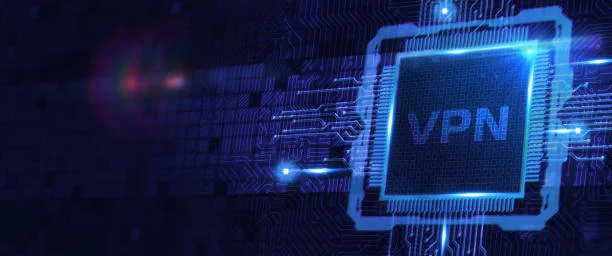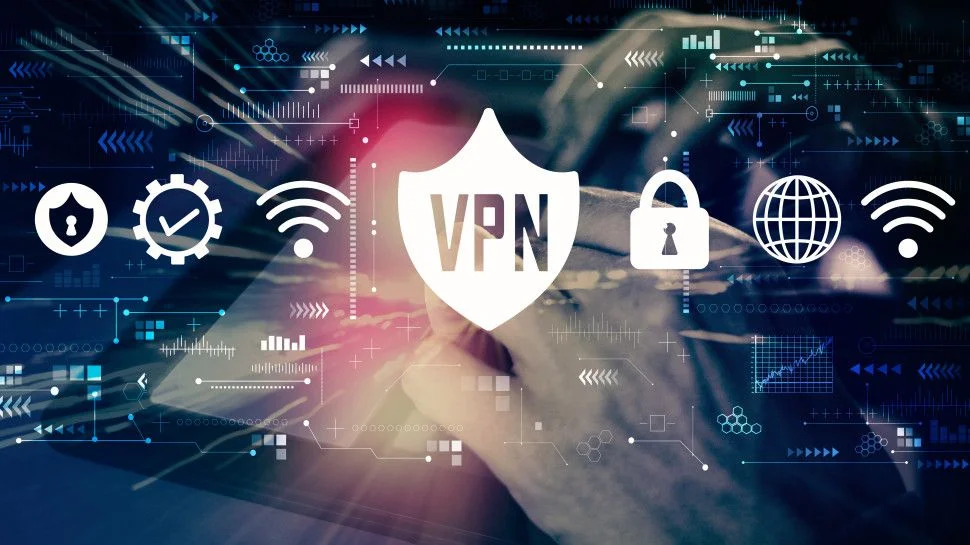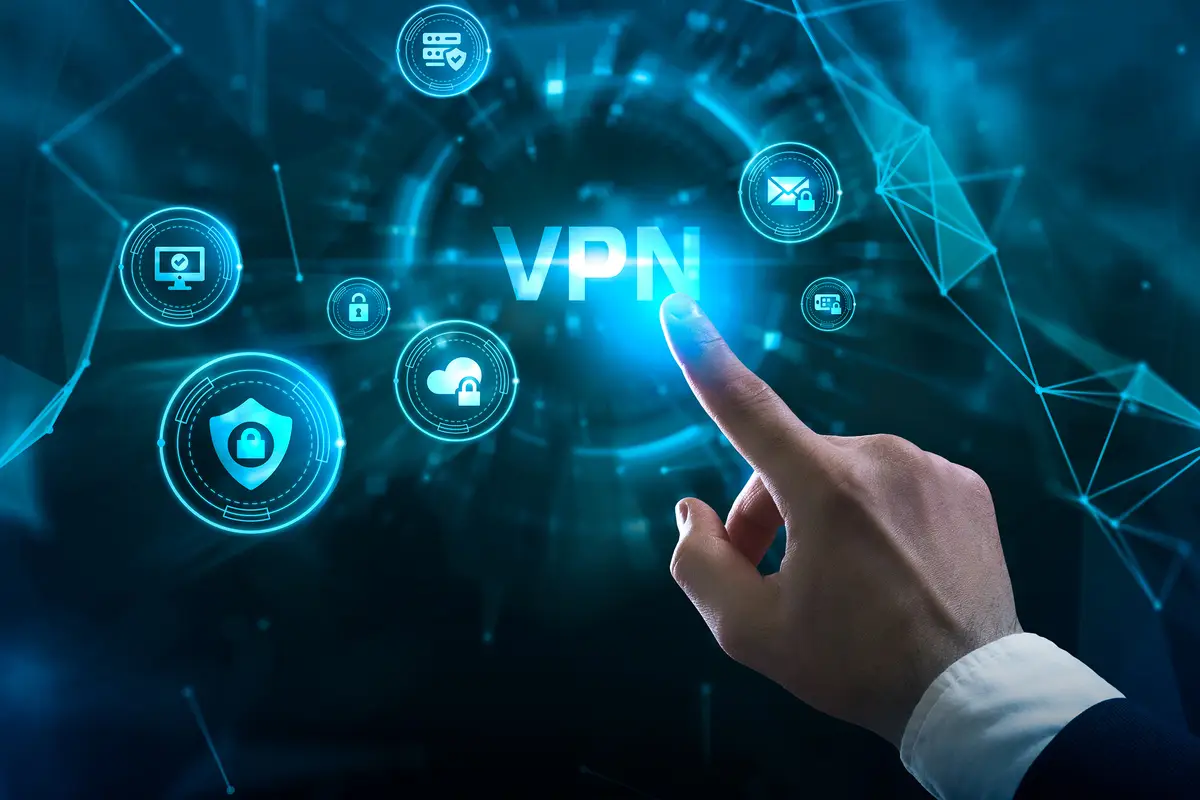A VPN, or virtual private network, is a service that creates a secure connection over the internet between your computer and a remote server. This connection allows you to safely access resources on the remote server, as if you were physically connected to it. A VPN can be used to protect your privacy online, or to connect to resources that are blocked or restricted in your location. In this blog post, we’ll discuss how a VPN works, and explore the different types of VPNs available. We’ll also provide tips for choosing the right VPN service for your needs. Let’s get started!
What is a VPN and what are its benefits?
The term “VPN” stands for “virtual private network”. A VPN is a collection of technologies that allow you to create a secure, encrypted connection over a less secure network. This is usually the internet.
A VPN can be used to protect your online activity from snooping, interference, and censorship. It can also help you access geo-blocked content, such as using a US-based server to access Netflix from Europe.
There are many different types of VPNs, and each has its own set of benefits. For example, some VPNs can encrypt your traffic while others simply reroute it. The best VPN for you will depend on your specific needs.
In general, however, VPNs offer the following benefits:
Improved security: By encrypting your traffic and hiding your IP address, a VPN can help protect your online activity from hackers, government surveillance, and other third-party snooping.
Access to geo-blocked content: By connecting to a server in a different country, you can bypass geographic restrictions and access content that would otherwise be unavailable.
Improved privacy: A VPN can help keep your online activity private by hiding your IP address and encrypting your traffic.
Bypass censorship: In some countries, the government censors certain websites or limits access to the internet. A VPN can help you bypass these restrictions and access the internet freely.
How does a VPN work?
A VPN works by encrypting your traffic and routing it through a server in a different location. This encrypts your data and hides your IP address, making it difficult for third parties to track your online activity.
When you connect to a VPN, you can choose which location you want to route your traffic through. This allows you to access geo-blocked content or bypass censorship in your country.
Why do I need a VPN?
You don’t need a VPN to browse the internet or check your email. However, there are many benefits to using a VPN, such as improved security and privacy, access to geo-blocked content, and bypassing censorship.
If you’re concerned about online security or privacy, a VPN can be a great way to protect your online activity. And if you live in a country with internet restrictions, a VPN can help you bypass censorships and access the internet freely.
The best VPNs for different needs

Here are some of the most popular VPNs and their features:
ExpressVPN: ExpressVPN is a fast, reliable, and secure VPN with servers in over 90 countries. It offers military grade encryption and has a strict no logs policy.
NordVPN: NordVPN is a great all-round VPN with robust security features and servers in over 60 countries. It also offers a unique double VPN feature for extra privacy.
CyberGhost VPN: CyberGhost VPN is a user-friendly VPN with servers in over 50 countries. It offers excellent security and privacy features, as well as a 45-day money-back guarantee.
IPVanish: IPVanish is a fast and secure VPN with servers in over 60 countries. It offers military grade encryption and has a strict no logs policy.
How to use a VPN?

The process of setting up and using a VPN is simple. Just follow these steps:
1. Choose a VPN: Select a VPN that meets your needs. We recommend ExpressVPN for its fast speeds, strong security, and global server network.
2. Sign up for a plan: Create an account and sign up for a subscription plan.
3. Download the app: Download and install the VPN app on your device.
4. Connect to a server: Select a server location and connect to it. Your traffic will now be encrypted and routed through the selected server.
5. Enjoy your new VPN: You can now browse the internet securely and access geo-blocked content with your new VPN.
VPNs are a great way to improve your online security and privacy, as well as bypass internet restrictions. With so many VPNs to choose from, it can be difficult to know which one is right for you. That’s why we’ve created this guide to help you find the best VPN for your needs.
Can I use a free VPN?
If you’re looking for a free VPN, you should be aware that there are some risks associated with using these services. Many free VPNs don’t offer the same level of security and privacy as paid VPNs, and some have been known to sell user data or show ads.
That being said, there are some reputable free VPNs available, such as Windscribe and TunnelBear. We recommend doing your research before choosing a free VPN, as there are some risks associated with using these services. How to use a VPN safely and securely
The future of VPNs
As more and more people become aware of the benefits of VPNs, it’s likely that they will become even more popular in the future.
VPNs are a great way to improve your online security and privacy, as well as bypass internet restrictions. With so many VPNs to choose from, it can be difficult to know which one is right for you. That’s why we’ve created this guide to help you find the best VPN for your needs.
If you’re looking for a VPN, we recommend ExpressVPN. It’s a fast, reliable, and secure VPN with servers in over 90 countries. You can get started with ExpressVPN today by signing up for a plan.
Download NordVPN iOS app for iPhone and iPad
Secure VPNs for iOS 10.0 or later. Dedicated apps for any device Download Apps.
Best VPN services in 2022
We’ve finished a new round of extensive VPN testing and are ready to tell your story on how to secure and privacy online streaming. Let’s list the best 3 VPNs for the moment.
5 reasons why you need a VPN
The use of VPN in the privacy of our house keeps the personal data of your customers away. Using VPN technology your mobile phone is protected from hackers by snooping into the network. This is particularly important when companies have to protect their proprietary information. List a few popular VPN uses.
FAQs
Are VPNs good for you?
The security that a VPN can offer is unrivaled. By encrypting your traffic and hiding your IP address, a VPN protects you from online threats and allows you to browse the web anonymously.
What are some of the benefits of using a VPN?
If you’re looking for enhanced security and privacy online, a VPN is a great option. A VPN can encrypt your traffic and hide your IP address, making it difficult for hackers to target you. Additionally, a VPN can bypass geo-restrictions and allow you to access blocked content.
How can I get started with a VPN?
It’s easy to get started with a VPN. Simply sign up for a VPN service, install the VPN app on your device, and connect to a server. Once you’re connected, you can browse the web anonymously and securely.
What are some things to look for in a VPN provider?
When choosing a VPN provider, there are a few things to keep in mind. First, make sure that the provider offers robust security features. Second, check to see if the provider has servers in multiple locations. Third, read the provider’s privacy policy to see how your data will be used.
How do I know if a VPN is safe?
The best way to know if a VPN is safe is to read reviews from trusted sources. You can also check the provider’s website for information on their security features. Additionally, you can contact the provider directly to ask questions about their security measures.
Will a VPN slow down my internet connection?
A VPN can sometimes slow down your internet connection, depending on the server location you’re connected to. However, many VPNs offer fast servers that won’t slow down your connection. If speed is a concern, we recommend reading reviews of different VPNs to see which ones offer fast servers.
Do I need a VPN if I already have antivirus software?
While antivirus software is a great first step in protecting your device, it’s not enough on its own. A VPN can add an extra layer of security by encrypting your traffic and hiding your IP address. We recommend using both antivirus software and a VPN for the best protection.
Conclusion
I hope this article has helped you better understand how a VPN works and why you should use one. A VPN is a great tool to keep your data safe and your online activity private. If you’re looking for a reliable VPN service, I recommend ExpressVPN. It’s fast, easy to use, and it has a 30-day money-back guarantee.
